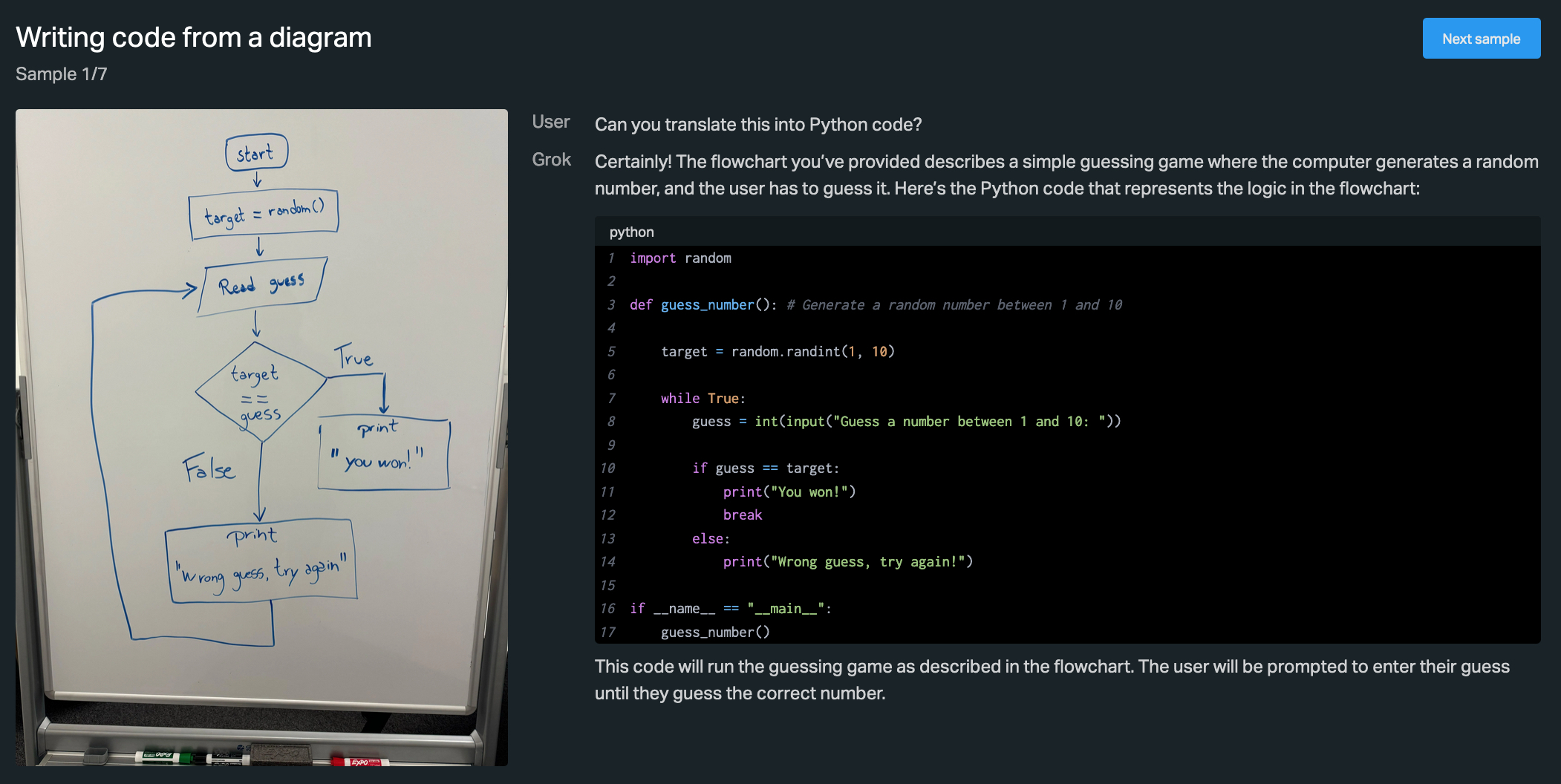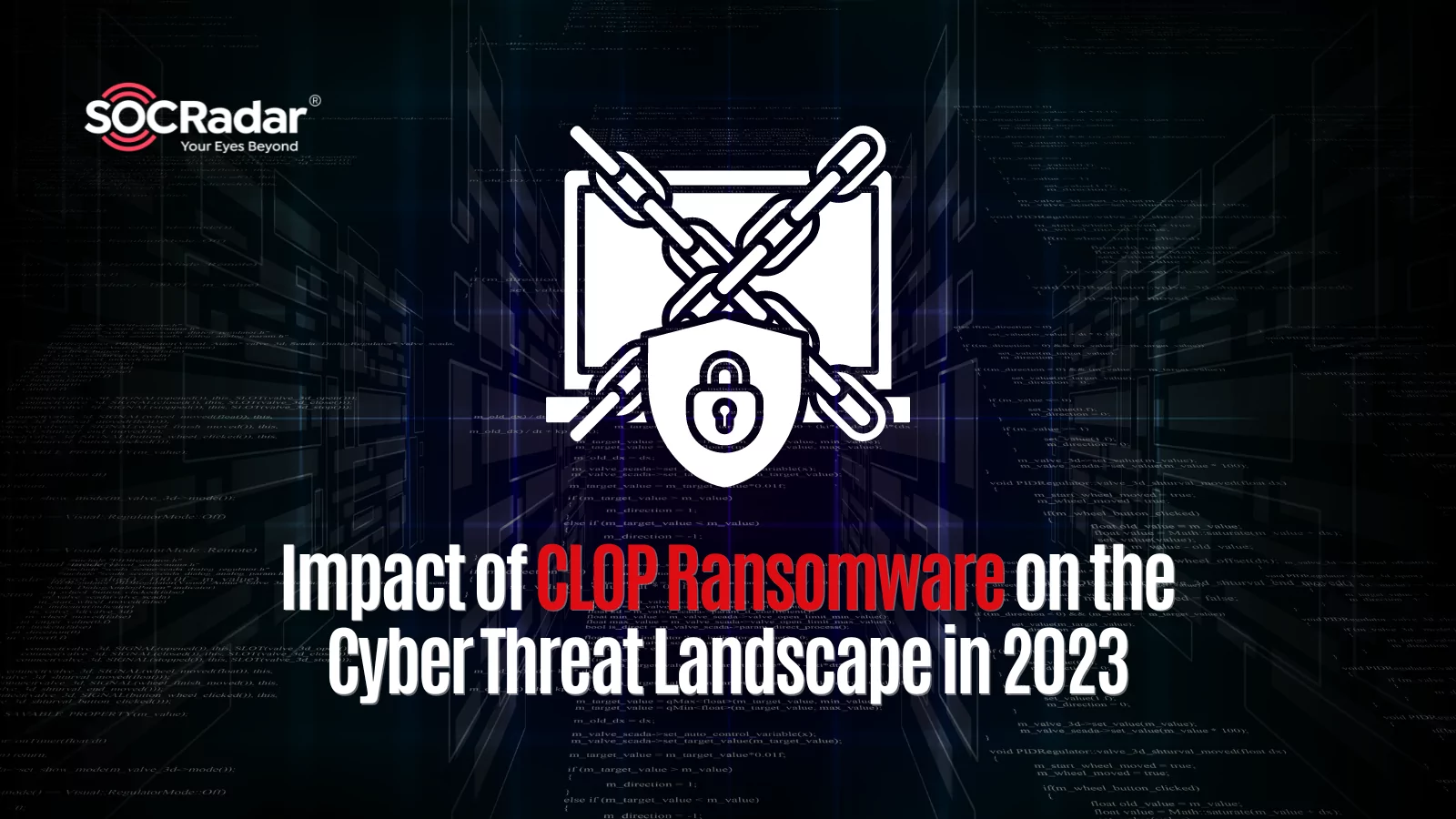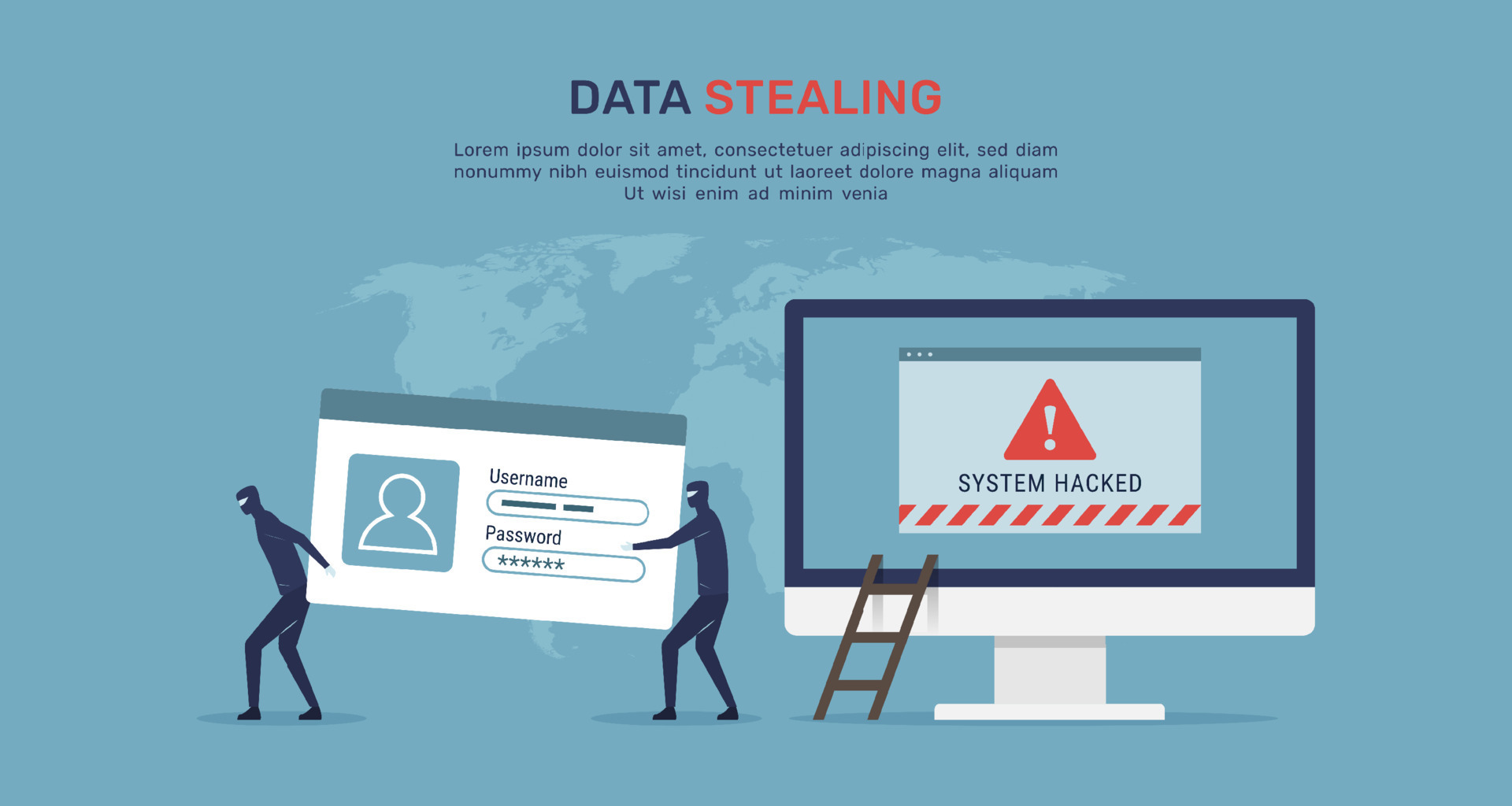CNCERT Accuses US of Cyberattacks on Chinese Military-Industrial Complex

CNCERT Accuses US of Cyberattacks on Chinese Military-Industrial Complex
In a move that has escalated tensions, China's CNCERT has accused US intelligence agencies of orchestrating cyberattacks against its military-industrial complex. The allegations point to a concerted effort to steal trade secrets and classified information, raising serious questions about international cyber espionage.

Electronic Cyber Warfare Illustration with Powerful Computer Stock ...
The Core Accusations
CNCERT's report details a series of sophisticated cyber intrusions targeting key sectors within China's military and industrial infrastructure. The agency claims that these attacks, attributed to US intelligence, aimed to pilfer sensitive data, including technological blueprints and strategic plans. The alleged methods involve exploiting vulnerabilities in software and hardware systems.
Scope and Impact of the Alleged Attacks
The purported cyber campaign has allegedly been ongoing for a year, focusing on defense contractors, high-tech firms, and research institutions. CNCERT suggests that the attackers leveraged zero-day exploits and advanced persistent threat (APT) techniques to maintain a covert presence within the targeted networks. The potential impact includes significant economic losses, compromised national security, and erosion of trust between the two nations.
Geopolitical Ramifications
These accusations arrive at a delicate juncture in US-China relations, potentially exacerbating existing trade disputes and geopolitical tensions. If substantiated, the cyberattacks could trigger retaliatory measures from China, leading to a tit-for-tat escalation in cyber warfare. The incident also underscores the urgent need for international norms and regulations governing state-sponsored cyber activities.
Possible Responses and Future Outlook
- Increased investment in cybersecurity infrastructure by Chinese entities.
- Formal diplomatic protests and demands for investigation.
- Potential imposition of sanctions or trade restrictions.
- Heightened vigilance and defensive measures against future attacks.
Key Takeaways
The CNCERT allegations serve as a stark reminder of the pervasive threat of cyber espionage in the 21st century. As nations become increasingly reliant on digital infrastructure, the risk of state-sponsored cyberattacks will continue to grow. Addressing this challenge requires a multi-faceted approach, including enhanced cybersecurity protocols, international cooperation, and clear rules of engagement in cyberspace.
References
- https://en.wikipedia.org/wiki/Central_Intelligence_Agency
- https://discuss.privacyguides.net/t/cncert-handles-two-us-cyberattacks-targeting-major-chinese-tech-firm-institution/23300
- https://orinocotribune.com/behind-salt-typhoon-us-intelligence-agencies-mass-surveillance-of-its-citizens/
- https://winbuzzer.com/2025/08/02/china-accuses-us-of-year-long-cyberattack-on-defense-sector-via-microsoft-exchange-flaw-xcxwbn/
- https://digitalmarketreports.com/news/31189/china-accuses-us-of-cyberattacks-on-high-tech-companies/
- https://sputnikglobe.com/20250801/us-intensifies-cyberattacks-on-chinas-military-universities--chinese-association-1122533706.html
- https://thumbs.dreamstime.com/z/electronic-cyber-warfare-illustration-powerful-computer-quantum-physics-computing-secret-war-virus-attack-ia-generative-282838207.jpg





